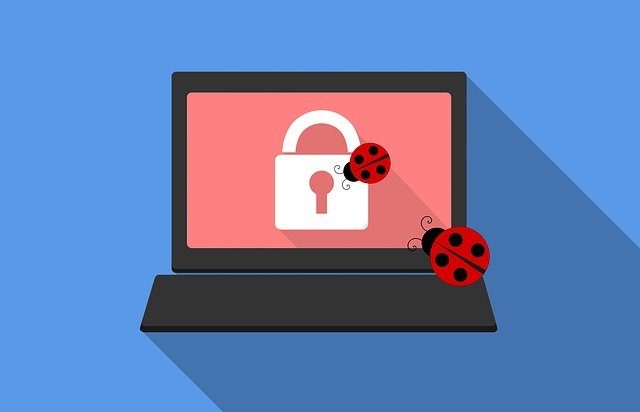Regardless of whether it is on the computer or on the smartphone, this type of digital “virus” basically acts in the same way. See below what spyware is , what types are most commonly found on the web , how they compromise the security of your data and how to try to protect yourself. In addition to cybercriminals, undemocratic governments also work with this type of tool.
What is spyware?
In a nutshell, spyware is a type of malware – a malicious file – that hides in the system while recording information and tracking activities online, on computers or mobile devices.
Spyware can monitor, copy and make logs that are sent to the criminal of what is typed, loaded, downloaded and stored on devices. Some modalities can activate cameras and microphones to watch and hear the target undetected.
You can also read how Google warns about Hermit, a powerful spyware for Android and iPhone
What is the purpose of spyware
At first, the first spywares were created to steal access data, targeting bank fraud and theft. Today, this threat has expanded with new forms of use. The essence of functioning can even be found in products from companies that offer “control and security”.
Spyware can be used to track and record activities on computers and mobile devices. Each variety has specific behavior. Generally, criminals use artifice to collect personal data and information.
After having installed itself on the device, the spyware is able to perform operations without detection.
- Keylogging: records what you type, usernames, passwords, banking information and even conversations;
- Audio and video recording, with screen capture;
- Remote device control;
- Capturing content from email, messages and social applications;
- Recording and capturing browser history (breach of privacy);
Goals beyond financial
The use of spyware has become so widespread that the resources have caught the attention of jealous stalkers and partners. Among other names, spyware is known as stalkerware or spouseware .
Situations of abusive relationships, with invasion and monitoring of the partner by the criminal spouse. Capturing images for exposure for revenge, or through extortion can be included in the spyware business.
Undemocratic governments spying on their citizens to “neutralize”, discredit, defame opponents and thus gain a strategic advantage in the political game.
Types of spyware

Not all types of spyware are intended to harm the user, but they all need to break the system’s privacy, there are different ways to act.
Adware
Adware automatically displays ads when browsing the internet or using advertising – monetized software . In an intrusion context, adware stealthily installs itself on the device, spies on the browsing history and displays intrusive advertisements of correlated themes. In short, it takes away your privacy for commercial purposes.
Keyloggers
This type of spyware records keystrokes on the infected device and saves the information in a log file, usually encrypted.
Keyloggers collect everything you type on your computer, smartphone or tablet, including text messages, emails, usernames and passwords. This modality is mostly used by criminals for financial fraud and spying on behavior by anti-democratic governments.
Read also>> 5 tips to know if you’ve been blocked on Telegram
Infostealers
Basically thieves, collect information from computer or mobile device. They are similar to keyloggers, they are a kind of information thief. They act much more than recording and storing information collected from keystrokes.
Infostealers also scan your computer for specific information and collect your browsing history, documents, and instant messaging sessions.
Some templates can do the job all in one go, disappearing from victims’ computers afterwards. Widely spread in commercial and industrial espionage.
Read also>> How to configure TP-Link signal repeater
Spyware Red Shell
Legend has it that it has “good intentions”, it is a type of spyware that installs itself along with certain PC games and tracks players’ online activities.
The creators’ claim is “to help developers make better games”. Critics of Red Shell object to the fact that it installs without the user’s knowledge or consent, making it spyware .
Rootkits
The most common and dangerous in the hands of criminals. These spywares allow infiltration into computers and mobile devices, accessing them at a very deep level.
They exploit security vulnerabilities, use Trojan horses, or log into the computer as an administrator. Typically, rootkits are difficult to detect, but can be avoided with antivirus barriers.
How to protect yourself from spyware
- Keep your operating system and software up to date;
- Put a screen lock on your smartphone and use secure passwords on your computers to prevent unauthorized access;
- Restrict administrator privileges on the computer or phone;
- Rooting an Android phone or jailbreaking an iPhone opens the way for spyware . Leave this function to those who really need it;
- Be extra careful with the permissions you grant to apps when you install them;
- Do not click on links in emails unless you are sure you know where they are going;
- Do not download files from suspicious file-sharing networks, they may be compromised;
- Maintain quality antivirus and antimalware protection on devices.














